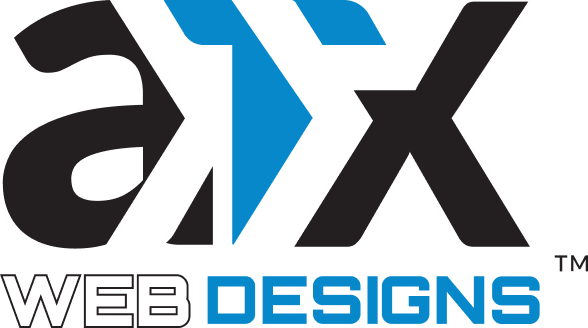Behind most modern websites is a Content Management System (CMS), the very cornerstone empowering businesses to efficiently manage and update their online presence. CMS platforms offer user-friendly interfaces that enable users to manage content, including text, images, videos, documents, and more, without having to manually write code or interact directly with the website’s underlying structure. This makes it easier for non-technical users to maintain and update their websites, freeing them from the complexities of web development.
In an era where options abound, making the right CMS selection is crucial. This post steers you through the process of pinpointing the ideal CMS for your website’s unique requirements.
Define Your Requirements
Initiate the selection process by outlining your website’s specific demands. Are you constructing a simple blog, an expansive e-commerce platform, or a dynamic multimedia site? Different CMS platforms are tailored for distinct needs. Consider scalability, customization options, and integration capabilities as you establish your prerequisites.
User-Friendly Interface
Usability takes precedence. An interface that’s user-friendly simplifies content updates and minimizes the learning curve for your team. Test drive CMS platform demos to gauge their interface intuitiveness, and lean towards options that resonate with your team’s proficiency and workflow.
Scalability and Flexibility
Account for your website’s growth potential during CMS selection. Opt for a platform equipped to accommodate future expansion and evolving needs. A CMS that scales empowers you to seamlessly introduce features, pages, and functionalities as your business evolves, sidestepping disruptive overhauls.
Customization Options
Every brand boasts a unique identity. Verify that your chosen CMS offers customization avenues aligned with your brand’s aesthetics. From templates to coding capabilities, the level of customization should harmonize with your design and branding prerequisites.
SEO and Performance
A CMS that endorses SEO best practices is vital for generating organic traffic. Look for features such as customizable URLs, meta tags, and image optimization. Moreover, prioritize performance; a swiftly loading website elevates user experience and search engine rankings.
Community and Support
A robust community and dependable support framework can substantially elevate your CMS journey. Platforms with active communities provide access to tutorials, forums, and plugins that expedite troubleshooting and amplify your website’s capabilities.
Conclusion:
Choosing the right Content Management System is an important step in cultivating a thriving online presence. By outlining your requirements, prioritizing user-friendliness, examining scalability and flexibility, assessing customization options, evaluating SEO and performance attributes, and gauging community support, you can make an informed decision that seamlessly aligns with your brand’s vision and future aspirations. Reminisce that an astutely chosen CMS empowers you to efficiently manage your website, facilitating a seamless experience for both your team and your visitors.






